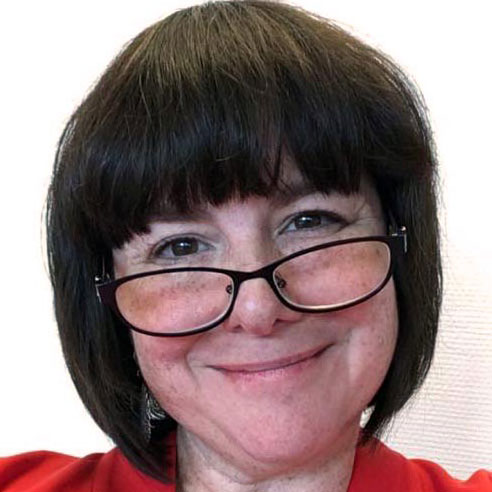International Education Areas of Practice
Fall 2025
Members $195 | Non-members $395
Training Overview
This online training provides a focused yet comprehensive overview of three pillars within international education: mobility, partnerships, and curriculum. It will cover the significance, benefits, challenges, and best practices related to each pillar, aiming to equip participants with a foundational understanding of how these elements contribute to the field of international education and comprehensive internationalization. The module will also provide learners with an opportunity to consider the impact across campus of international activities, especially when there is resistance, and how to engage in areas of professional practice to provide advice and support. Embedded throughout this module is a justice, equity, diversity, inclusion, and access (JEDIA) lens, which will help participants deepen their understanding of JEDIA principles and practices.
Intended Audience
This online training is geared toward new practitioners in the international education sector, and anyone interested in learning more about the sector and the higher education landscape in Canada. This online training is open to all practitioners but will also become a prerequisite for some applicants of the International Students and Immigration Education Program (ISIEP), an online course designed to upskill practitioners who plan to write the entry-to-practice exam (EPE) to become Regulated International Student Immigration Advisors (RISIA). ISIEP applicants will either be employed in a Designated Learning Institution (DLI) and work with international students OR have completed all 3 prerequisite courses to join the fall 2025 cohort. Visit the ISIEP webpage for more information regarding the specific eligibility criteria of this program.
Learning Objectives
- Review and develop familiarity with three of the pillars of comprehensive internationalization.
- Develop an understanding of the day-to-day operations of an international office and consider aspects of stakeholder engagement.
- Explore ethical standards of practice for practitioners in IE.
- Learn about the benefit of creating and/or participating in communities of practice (CoPs) within or across institutions.
- Explore best practices for effective collaboration.
Program Delivery
Qualified instructors will guide you through two required synchronous online workshops over two weeks. Asynchronous independent learning, including readings and assignments, will also be required via CBIE’s online learning platform. Participants should expect at least 3-6 hours of independent learning plus 3 hours of virtual workshops. The final capstone project will be due approximately one week after the final synchronous workshop.
Schedule
Module 1: TBC
Module 2: TBC
Final capstone project due: TBC
Certificate of Completion
Certificates of completion will be awarded to those who successfully complete the program. To receive the certificate, participants are expected to attend all the virtual workshops listed above and actively engage in a group project in the final module of the course.
Facilitators

Kate Jennings (she/her/hers) has worked in international higher education at five institutions in three provinces in Canada over the past 25+ years. Kate is also the Founder and Principal at Jennings International Education Leadership & Training through which she works with associations, organizations, and institutions to support their international education leadership, strategic planning, business performance, and staff training needs.
Kate is the 2024 Past-Chair for NAFSA’s International Education Leadership Knowledge Community (IEL-KC), was listed in The PIE’s 50 Voices of 2023 – North American edition, and in 2021 was awarded the British Columbia Council for International Education (BCCIE) International Education Distinguished Leadership Award.
Kate and her husband, Bernd, are grateful to enjoy their home and work in the unceded traditional territories of the xʷməθkʷəy̓əm (Musqueam), Sḵwx̱wú7mesh (Squamish), and səlilwətaɬ (Tsleil-Waututh) Nations, known to settlers as Vancouver, British Columbia, Canada.
Kate identifies as a person with disabilities and is a strong advocate for building and supporting inclusive and accessible international education programs and services.

Sonja Knutson (she/her) began her career in international education, teaching English to newcomers in St John’s, NL, in 1993. Now retired from over two decades of leading international education at Memorial University, she has returned to her first love, teaching. Sonja volunteers as Chair of International Education Newfoundland and Labrador, a not-for-profit organization she co-founded over a decade ago, that supports provincial institutions with their internationalization efforts. In this unprecedented time for the field, she firmly believes that training, mentorship, and confident advocacy will see us through the hard years and set us up for a positive future for International Education.

